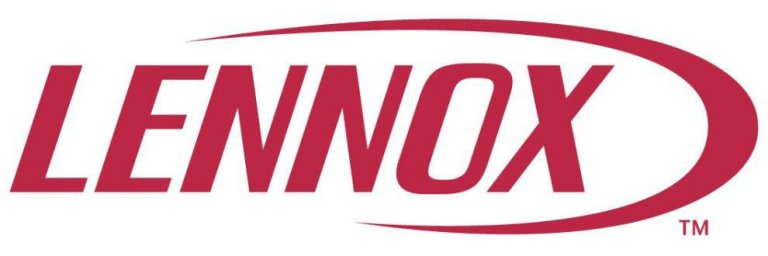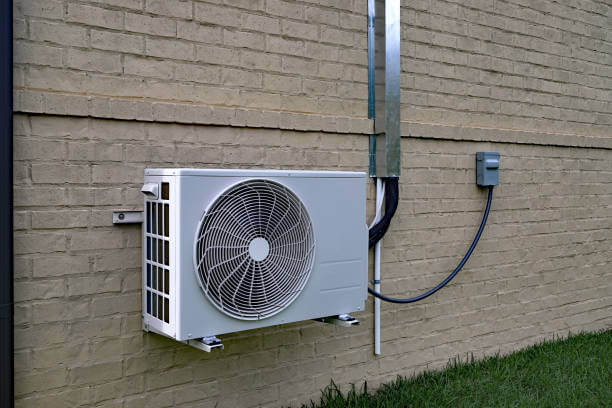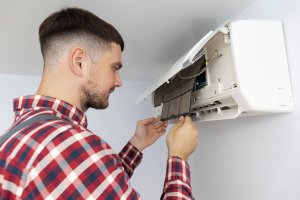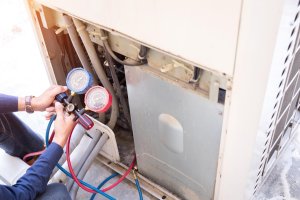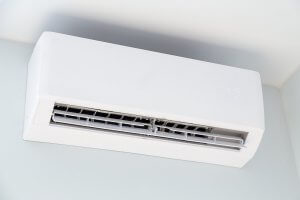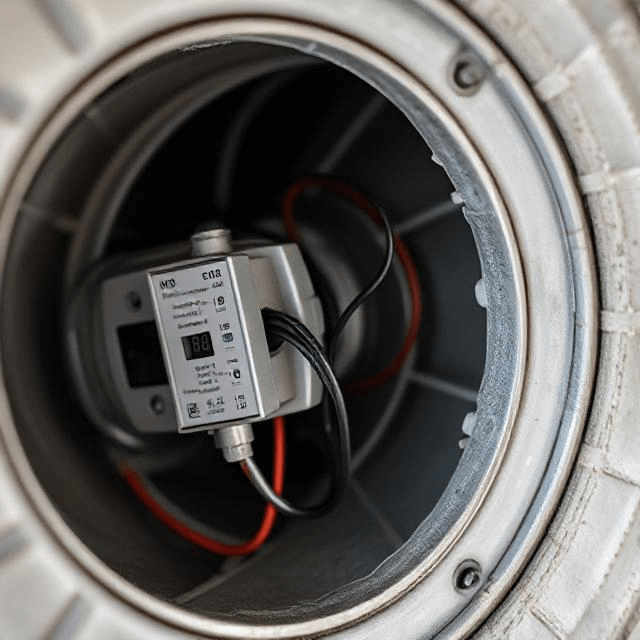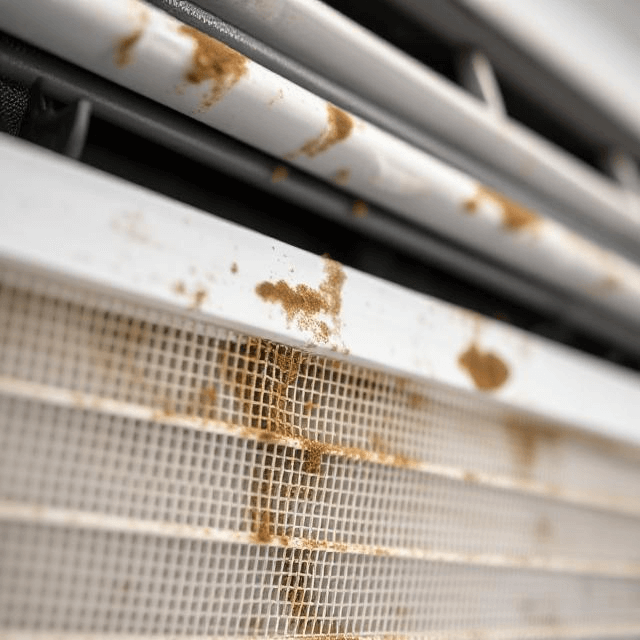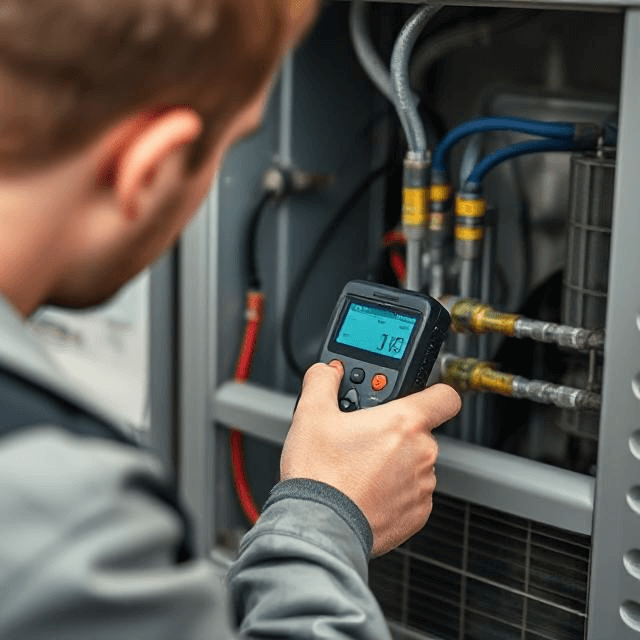A ductless HVAC system, also called a mini-split system, is a smart way to keep your space comfortable year-round. It is a sleek and efficient alternative to the clunky, old-school HVAC systems many of us use. Ideal for any space without existing ductwork, these systems provide flexibility and personalization in temperature control.
Whether upgrading an old house, expanding your home, or aiming for better efficiency, a ductless HVAC might be the perfect fit.
In the guide below, Season Control HVAC shares the advantages of ductless HVAC systems and some practical installation tips. Let’s make the most informed decision for your heating and cooling needs.
How Ductless Systems Work?
Ductless HVAC systems, or mini-splits, function through two main components: an outdoor compressor/condenser and one or more indoor air-handling units. These components are connected by a conduit, which equips the power cable, refrigerant tubing, suction tubing, and condensate drain.
The system compresses and refrigerates the outdoor unit’s refrigerant, then sends it through the conduit to the indoor units. Each indoor unit blows air over the cold coils, cooling or heating the room.
Because each indoor unit operates independently, ductless systems allow zoned temperature control. Each user can set different temperatures in different rooms or areas as per their preference.
Advantages of Ductless HVAC Systems
Ductless HVAC systems offer many benefits, making them an attractive choice for homeowners and businesses. Here’s a closer look at the key advantages:
Energy Efficiency & Cost Savings
Ductless systems provide better energy efficiency by targeting specific zones for heating or cooling. This saves energy because it doesn’t heat or cool rooms that nobody uses.
Additionally, the ability to precisely control temperature leads to significant savings in utility bills. While the upfront cost may seem substantial, the long-term savings on energy bills can quickly help recoup the investment.
Flexibility and Easy Installation
Ductless HVAC systems are flexible and easy to install. Their compact size and minimal infrastructure requirements allow them to be integrated into various spaces without the need for major renovations.
The installation process is also less disruptive and time-consuming than traditional ducted systems. This makes ductless HVAC systems ideal for quick upgrades or additions.
Improved Air Quality
Ductless systems have advanced filtration technologies that improve indoor air quality by collecting dust, allergens, and other airborne pollutants.
This feature is especially important for individuals with allergies or asthma. It offers them a cleaner and healthier living environment by minimizing the triggers of respiratory discomfort.
Quiet Operation
Ductless systems offer a quiet mode of operation, particularly beneficial for environments where noise levels are a concern.
Unlike old and traditional models that often generate noticeable noise during operation, ductless units ensure a peaceful indoor atmosphere. This enhances the quality of life for occupants in homes, offices, and other quiet spaces.
Zoned Temperature Control
With a ductless HVAC system, each individual room or zone can control the temperature according to its comfort level.
This level of customization maximizes personal comfort and increases the system’s energy efficiency.
By adjusting settings based on specific needs and occupancy, users can enjoy a perfectly tailored indoor climate while avoiding the costs associated with heating or cooling unused areas.
Disadvantages of a Ductless HVAC System
Alongside advantages, it’s important to consider the potential disadvantages of an HVAC system:
- Initial Cost: The cost of purchasing and installing ductless HVAC systems can be higher than traditional systems, especially when outfitting an entire house or large space.
- Aesthetic Impact: Indoor units are visible and may not seamlessly integrate with every interior design aesthetic. Finding a suitable location for these without disrupting the room’s decor can often be a challenge.
- Maintenance Requirements: Ductless units require regular maintenance for optimal performance. Neglecting maintenance can reduce efficiency and lead to potential system issues.
- Limited Heating in Extremely Cold Climates: In areas with very cold winters, ductless systems may need to provide more heating compared to traditional HVAC systems. If you live in a very cold climate, you may require a supplementary heat source.
- Installation Challenges: Ductless systems are easy to install but require professional installation to avoid problems such as improper drainage or inefficient cooling and heating.
- Potential for Refrigerant Leaks: Ductless systems use refrigerant to cool the air like all HVAC systems. Improper installation or damage can lead to refrigerant leaks, harming the environment and reducing the system’s efficiency.
Installation Tips for Ductless HVAC Systems
Installing a ductless HVAC system requires careful planning and consideration to maximize its benefits. Here are some tips by the experts at Season Control HVAC to ensure a smooth installation process:
Choose the Right Size
When installing a new ductless HVAC system, make sure to select its correct size and capacity.
An undersized unit won’t adequately heat or cool your space, while an oversized unit can lead to energy inefficiency.
Seek professional assessment to determine the ideal size according to your space’s square footage and specific needs.
Optimal Placement Matters
The placement of indoor and outdoor units affects the system’s efficiency.
Indoor units should be placed in a spot that allows for even air distribution throughout the room. Outdoor units should have sufficient clearance from any obstructions to ensure proper airflow and ease of maintenance.
Consider Professional Installation
While DIY installation might be tempting, professional installation ensures your system operates efficiently and complies with all warranty requirements.
Certified and expert technicians can handle the refrigerant correctly, set up the system for optimal performance, and avoid common installation pitfalls.
Regular Maintenance is Key
Regular maintenance is necessary to enhance the performance and lifespan of your ductless HVAC system.
This includes cleaning the filters, checking for leaks, and ensuring the outdoor unit is debris-free. Establishing a maintenance schedule with a professional HVAC maintenance service can help keep your system running smoothly.
Evaluate Your Home’s Insulation
Improving your home’s insulation can improve the efficiency of your ductless HVAC system. Well-insulated walls and windows help retain heat during winter and cool air in summer. This reduces the workload on your system and further lowers energy costs.
Embrace Efficiency and Comfort with Ductless HVAC System
Ductless HVAC technology can help you achieve a more sustainable, comfortable, and healthier indoor environment. It’s a forward-thinking choice that aligns with modern demands for efficiency and customization.
As you consider enhancing your home or office with a ductless system, remember that thoughtful planning and expert advice are your best resources.
For information and assistance, Season Control offers the support you need.
Call us now at (818) 452-5406 to make your indoors efficient and comfortable!
